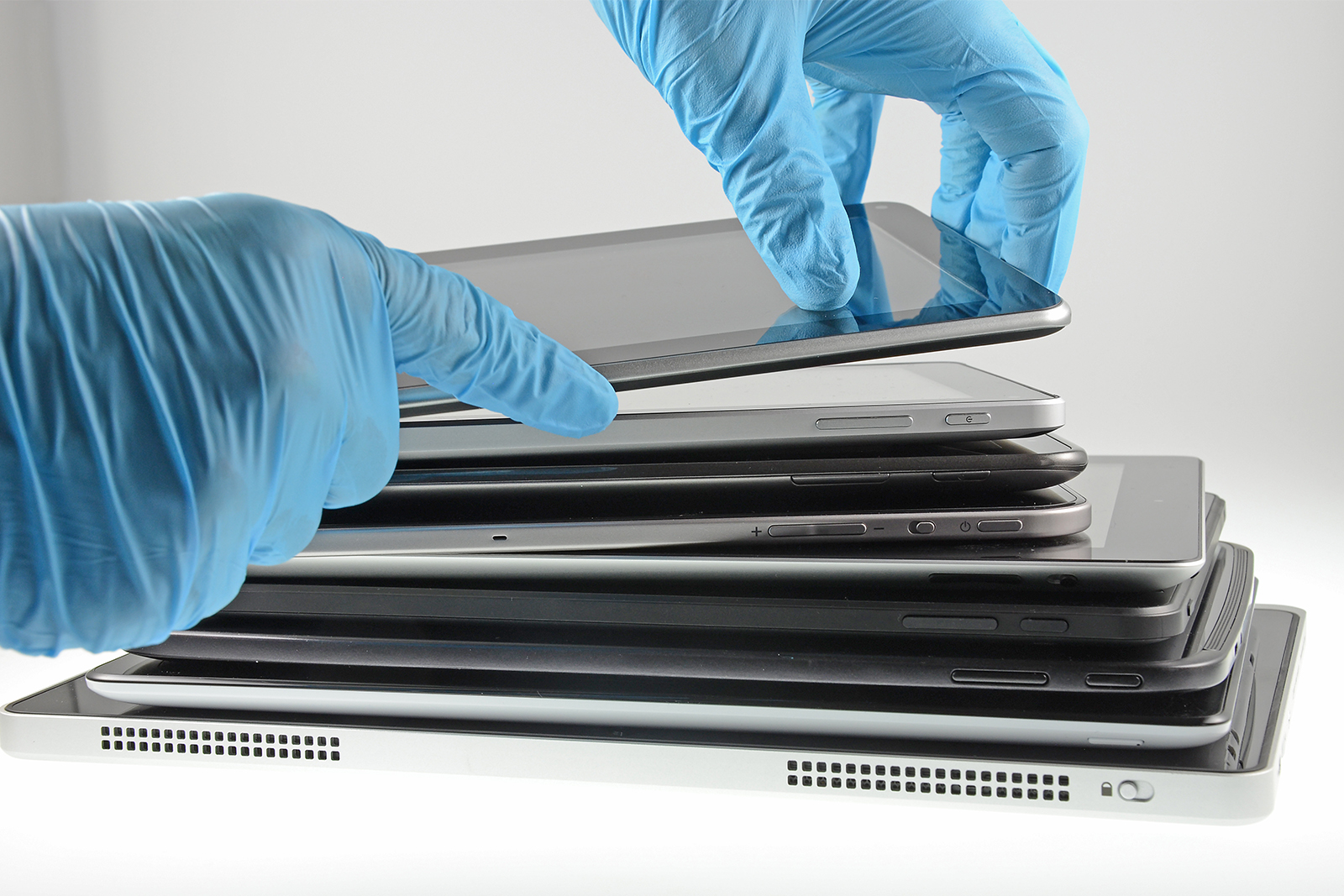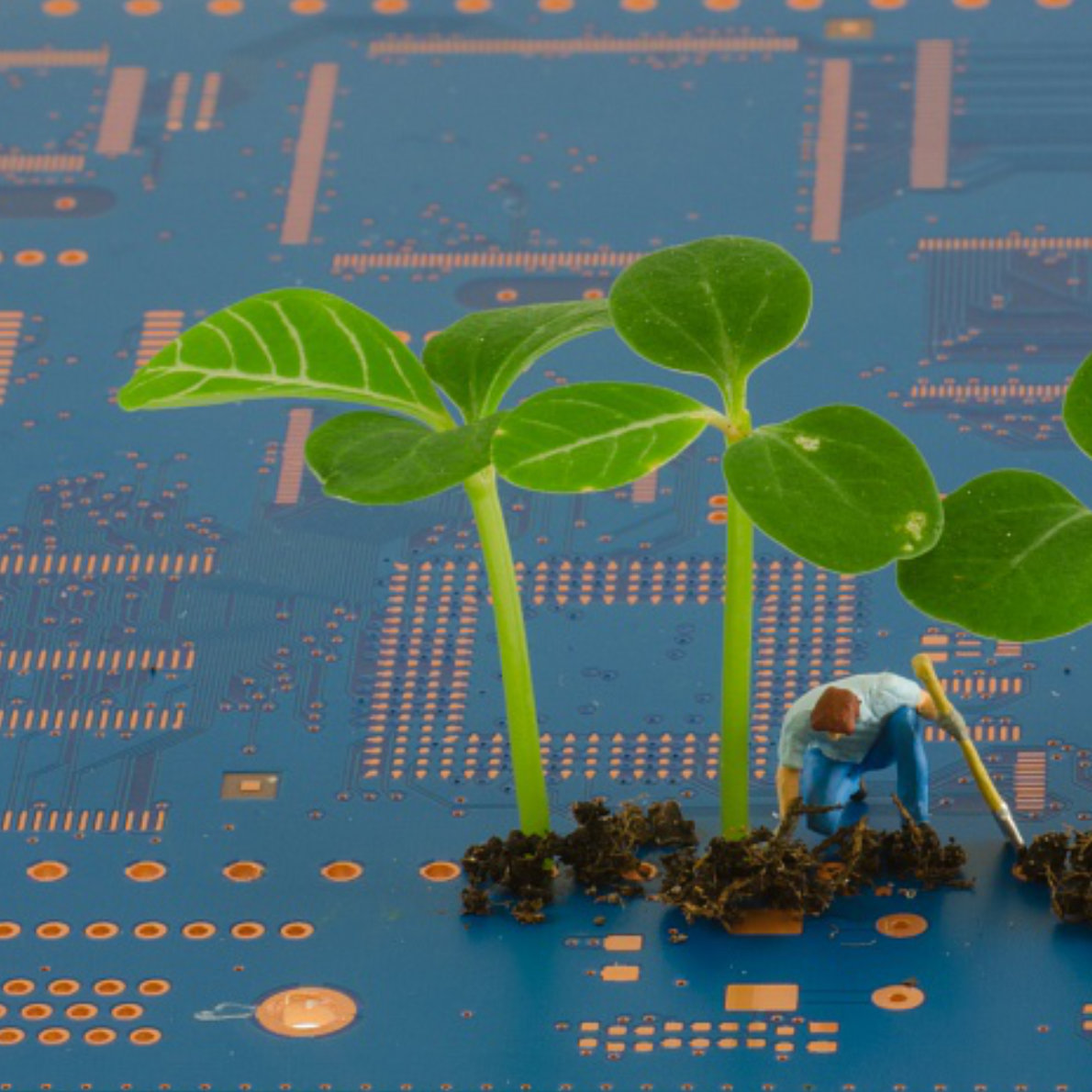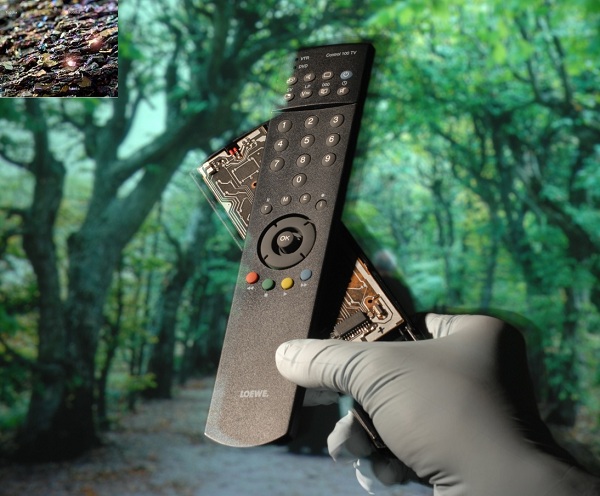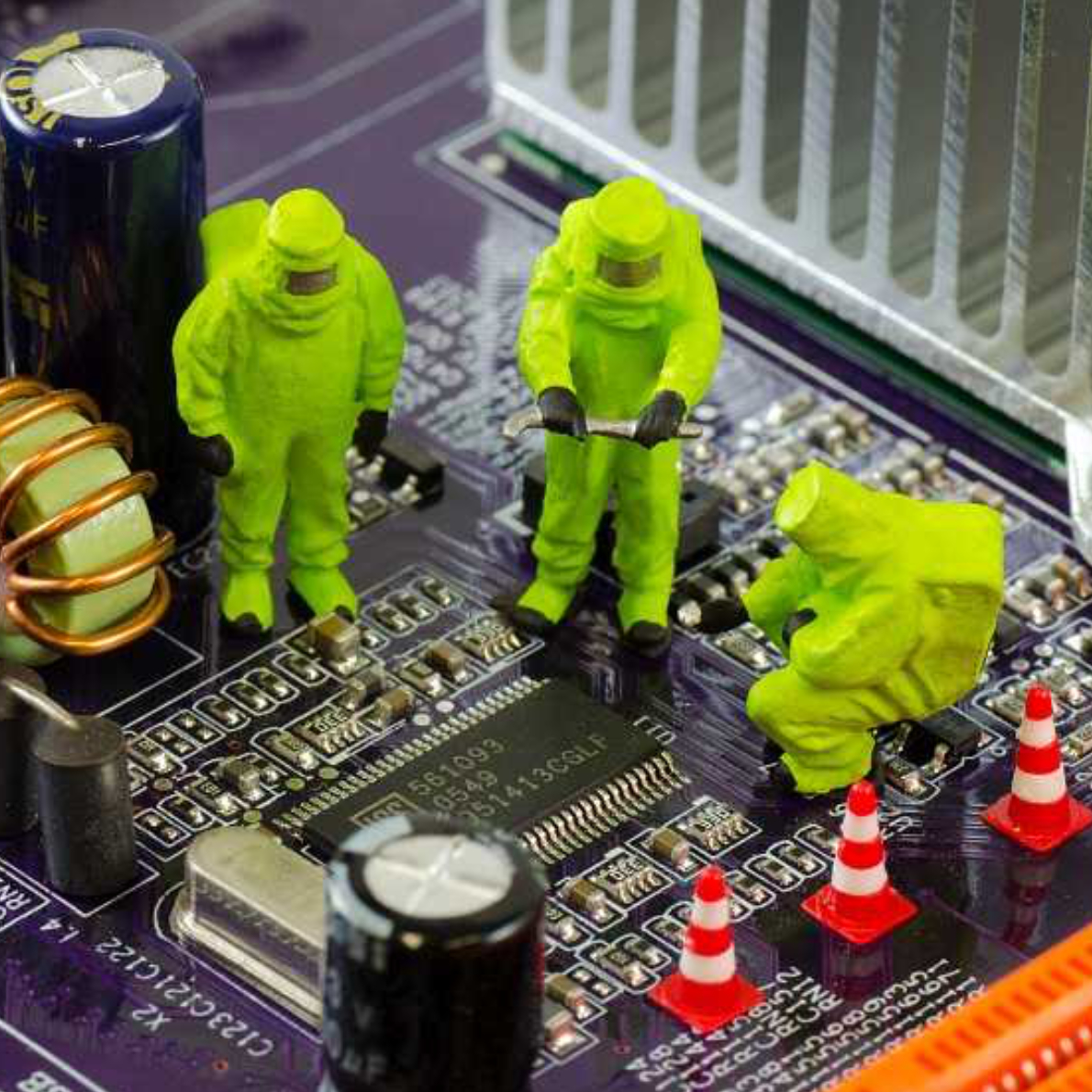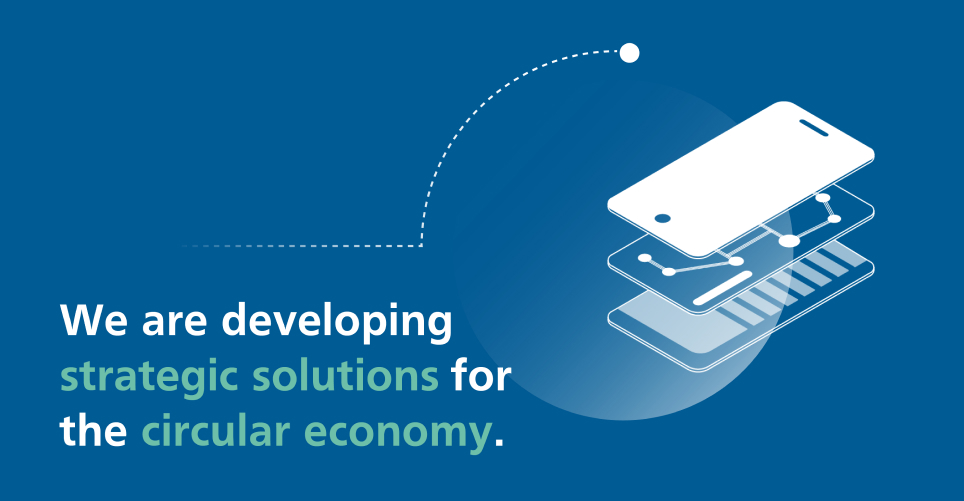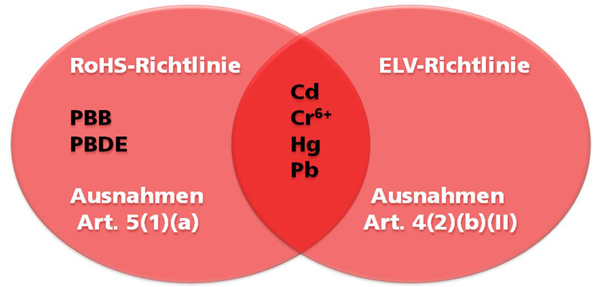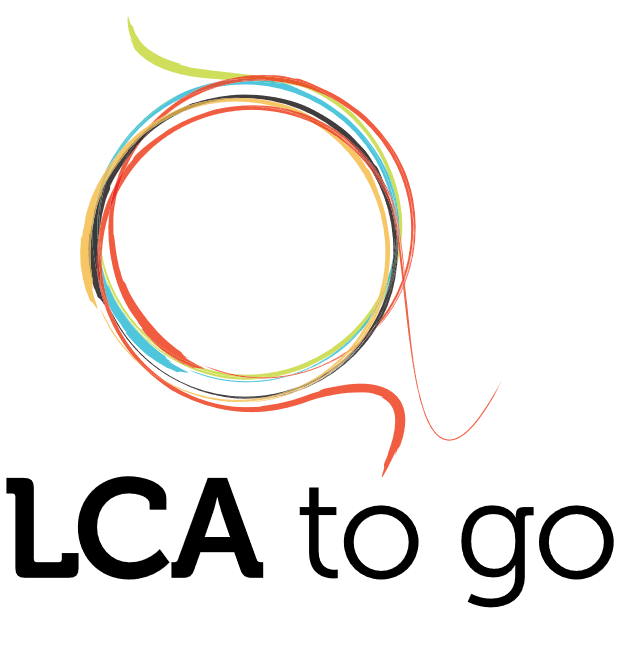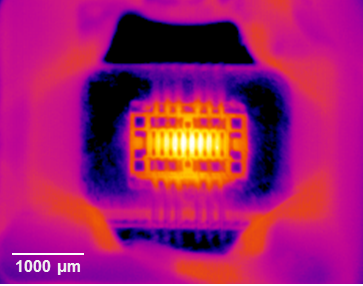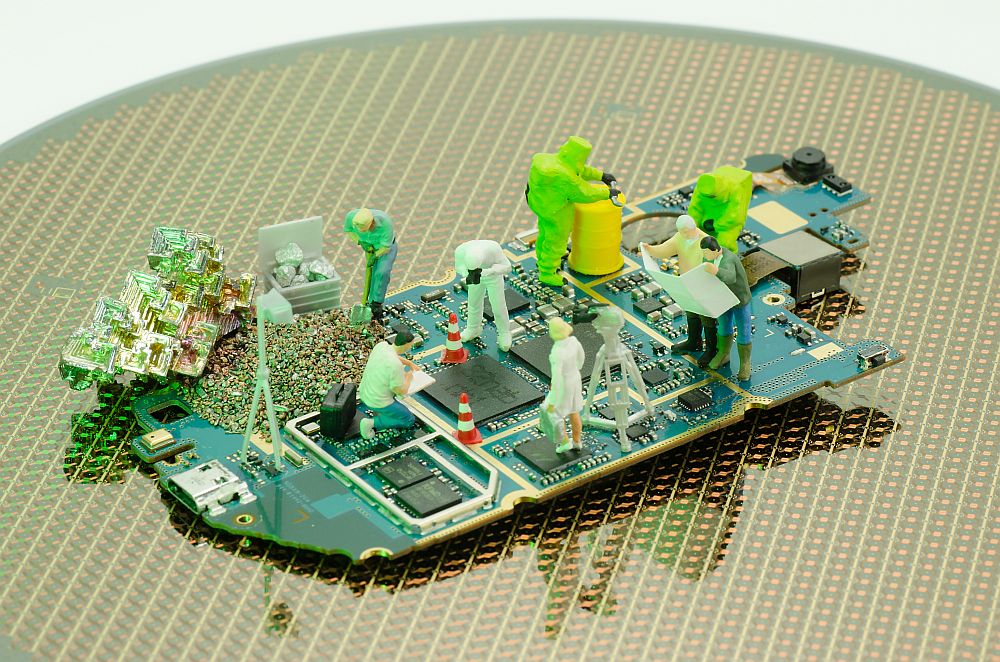
Circular electronic products and devices are the focus of the Policy, Ecodesign, and Circular Materials group. The Circular Design Lab was set up as a store of the applied competences and technological knowhow that can be used to make applications and services more sustainable. We are working on a more circular life for the materials that make up our electrical and electronic applications, and we can reconcile the tenets of good product design with the need for meaningful and effective recycling.
We support the definition of the regulatory environment for electronic products with our technical expertise and our understanding of the impact that electronics can have on our world in their working lives and beyond. We are the people that commercial enterprises, industry associations, legislators, and government agencies turn to with their questions about ecodesign, energy efficiency labelling, restricted substances, or the circular economy writ large. Our work paves the way for new, facts-based policymaking.
 Fraunhofer Institute for Reliability and Microintegration IZM
Fraunhofer Institute for Reliability and Microintegration IZM